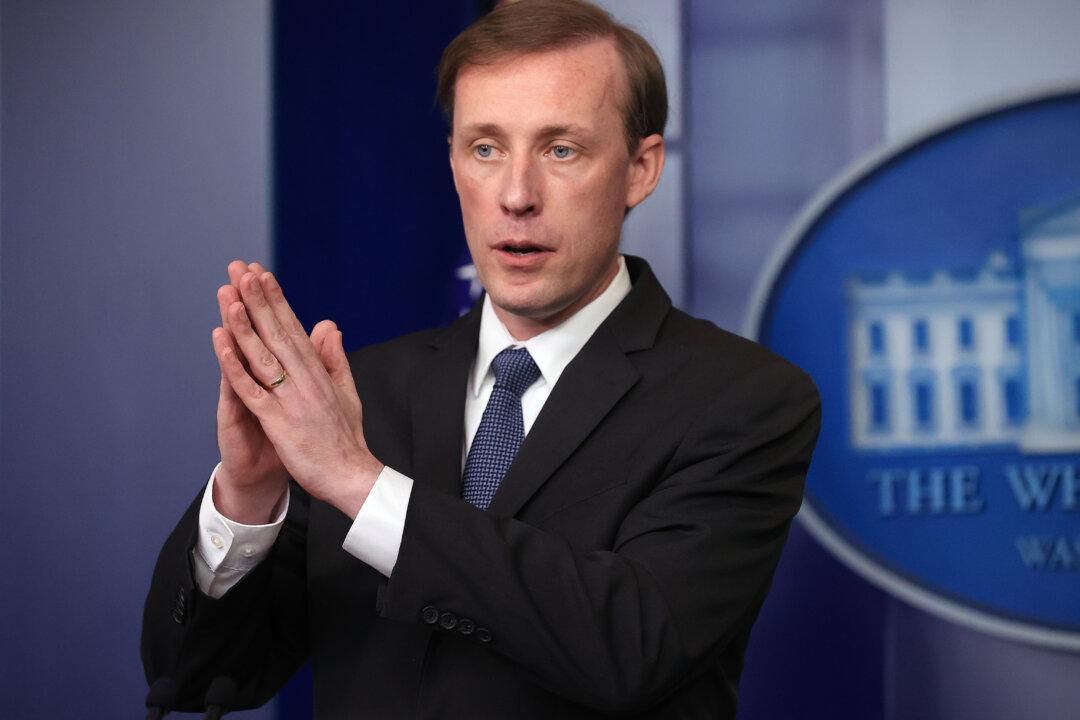WASHINGTON—Worried about rising gas prices, the Biden administration has called on oil-producing countries including Saudi Arabia and Russia to raise their oil production. Strong recovery in global demand and slow growth in supplies have been pushing crude oil prices higher in recent months.
National security adviser Jake Sullivan issued a statement on Aug. 11 asking the Organization of the Petroleum Exporting Countries and Russia (OPEC+) to address rising gasoline costs.





